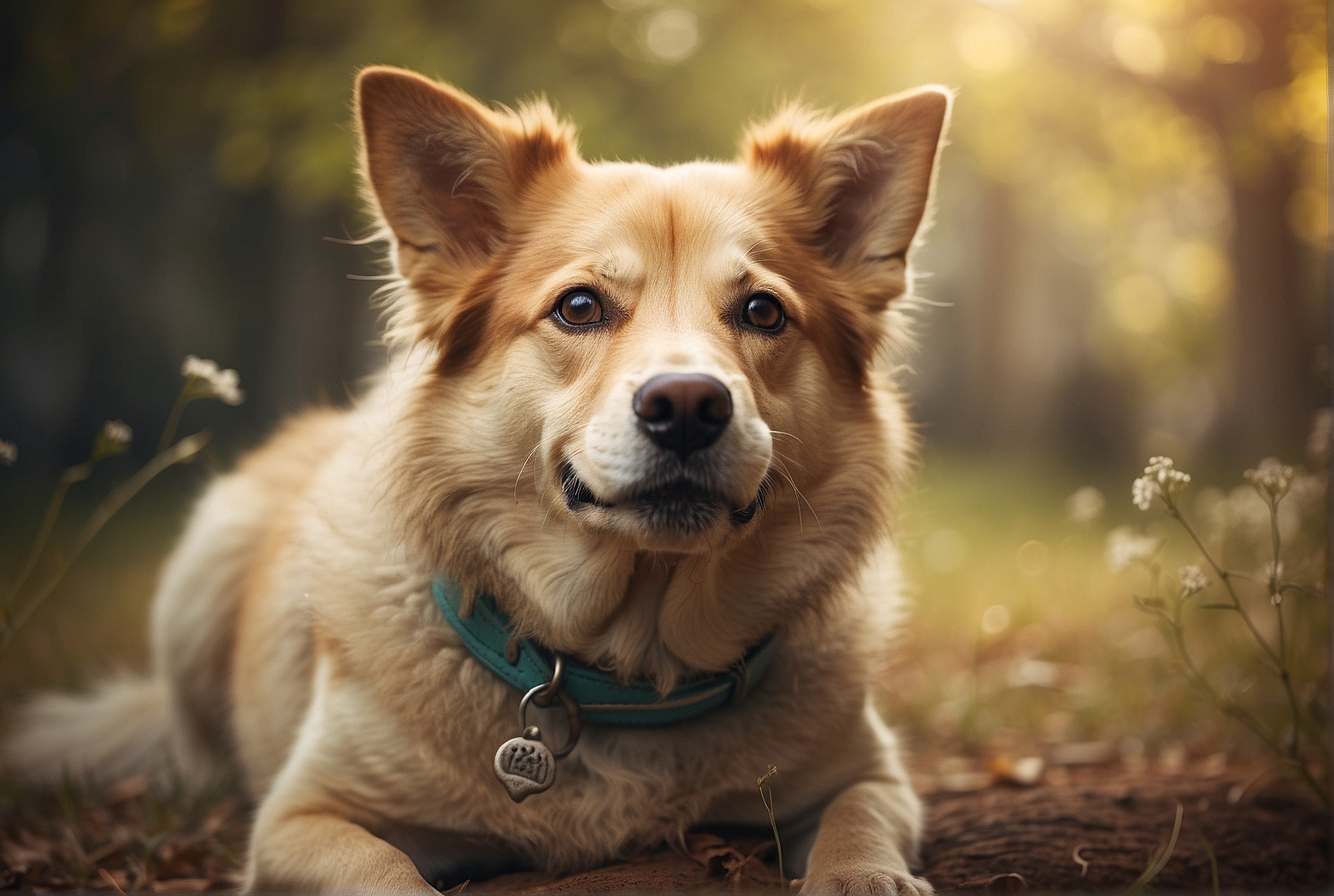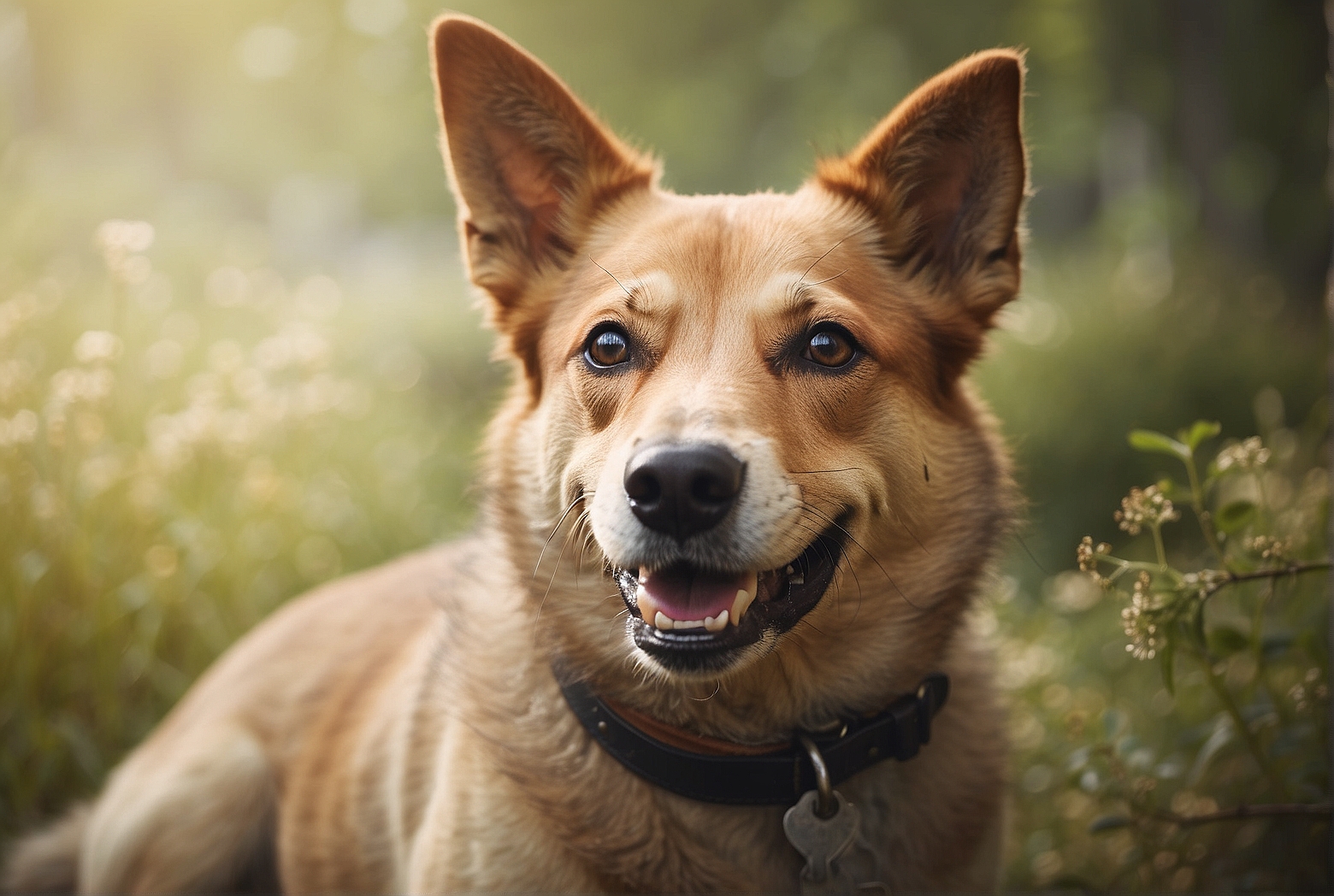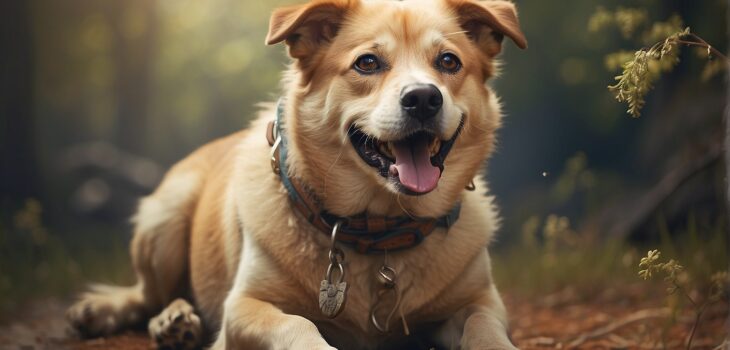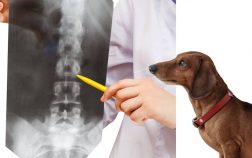Last Updated on April 12, 2024 by admin
Do you find yourself trying to avoid your furry friend’s kisses due to their less-than-pleasant breath? If so, you’re not alone. Bad breath in dogs is a common problem that can be caused by several factors. From dental issues to dietary choices, there are various reasons why your dog may have bad breath. In this article, we will explore the possible causes of this unpleasant odor, helping you gain a better understanding of your canine companion’s oral health.
Dental Issues
Plaque and Tartar Buildup
One of the most common causes of bad breath in dogs is plaque and tartar buildup on their teeth. Just like humans, if dogs do not receive proper dental care, bacteria can accumulate in their mouths, leading to the formation of plaque and tartar. Over time, these oral deposits can cause a foul odor that emanates from your furry friend’s mouth.
Gum Disease
Gum disease, also known as periodontal disease, is another culprit behind bad breath in dogs. When plaque and tartar build up on a dog’s teeth, it can lead to inflammation and infection of the gums. Not only does this condition cause discomfort, but it can also result in an unpleasant odor coming from your pet’s mouth.
Tooth Infections
Tooth infections can be a significant cause of bad breath in dogs. Just like humans, dogs can develop tooth decay or abscesses, which can result in bacteria accumulating in the affected area. These infections often produce a strong and unpleasant smell that can be noticeable when your dog exhales or opens their mouth.

Poor Oral Hygiene
Lack of Regular Brushing
If you neglect to brush your dog’s teeth regularly, it can contribute to bad breath. Brushing your dog’s teeth is essential in removing plaque and preventing tartar buildup. Without adequate oral hygiene maintenance, bacteria can multiply in their mouth, resulting in foul-smelling breath.
Inadequate Dental Care
Regular dental care is crucial for maintaining your dog’s oral health and preventing bad breath. This includes not only brushing their teeth but also scheduling routine dental check-ups with your veterinarian. Neglecting dental care can lead to various oral issues, such as gum disease or tooth infections, which in turn can contribute to unpleasant breath.
Incorrect or Low-Quality Products
Using incorrect or low-quality dental products can also worsen your dog’s breath. It is essential to use toothbrushes and toothpaste specifically designed for dogs, as human dental products may contain ingredients that could be harmful to them. Additionally, using low-quality products may not effectively remove plaque and tartar, allowing bacteria to thrive and cause bad breath.
Dietary Factors
Poor Nutrition
Just like with humans, a dog’s diet plays a crucial role in their overall health, including their breath. Poor nutrition can lead to various health issues, including bad breath. Dogs that are fed a diet lacking in essential nutrients may have a higher likelihood of developing dental problems or gastrointestinal issues, which can contribute to foul-smelling breath.

Unhealthy or Inappropriate Food Choices
Certain foods can also contribute to bad breath in dogs. Feeding your furry friend food that is heavily processed or high in sugars can promote the growth of bacteria in their mouth, leading to bad breath. Additionally, some human foods, such as garlic or onions, can result in temporary unpleasant breath in dogs when ingested.
Excessive Intake of Certain Foods
While some foods may be healthy for dogs in moderate amounts, excessive consumption can lead to bad breath. For example, if your dog consumes an excessive amount of fish-based diets or chews on bones frequently, it can contribute to an unpleasant odor in their mouth. It is essential to monitor your dog’s diet and ensure a balanced intake to prevent breath-related issues.
Digestive Issues
Gastrointestinal Conditions
Digestive issues can be a potential cause of bad breath in dogs. Gastrointestinal conditions, such as gastroenteritis or inflammatory bowel disease, can create imbalances in the gut flora, leading to malodorous breath. If your dog exhibits symptoms like vomiting, diarrhea, or loss of appetite in addition to bad breath, it is crucial to consult a veterinarian.
Intestinal Parasites
Certain intestinal parasites, such as hookworms or giardia, can cause foul breath in dogs. These parasites disrupt the normal functioning of the digestive system, leading to malabsorption and nutrient deficiencies. Consequently, this can result in unpleasant breath as a secondary effect of the parasitic infection.
Malabsorption
Malabsorption refers to the inadequate absorption of nutrients from food in the digestive system. It can occur due to various underlying conditions, such as pancreatic disorders or small intestinal diseases. When nutrients are not properly absorbed, it can lead to foul-smelling breath in dogs. If you suspect malabsorption to be the cause of your pet’s bad breath, seeking veterinary attention is essential.
Respiratory Problems
Sinusitis
Sinusitis, an inflammation or infection of the sinuses, can contribute to foul breath in dogs. Just like in humans, this condition can cause mucus buildup and difficulty breathing, leading to an unpleasant odor. If your dog has chronic nasal discharge or exhibits signs of respiratory distress, it is crucial to consult with a veterinarian for proper diagnosis and treatment.
Respiratory Infections
Respiratory infections, such as kennel cough or pneumonia, can result in halitosis in dogs. These infections often lead to excessive mucus production and inflammation in the respiratory tract, which can contribute to unpleasant breath. Treating the underlying infection is vital to alleviate the bad breath symptoms.
Nasal Blockages
Nasal blockages, whether due to foreign bodies or structural abnormalities, can disrupt normal airflow and cause stagnant mucus or discharge. This can give rise to bad breath in dogs. If your dog displays symptoms like nasal congestion, sneezing, or nasal discharge, it is crucial to seek veterinary care to identify and address the underlying cause.
Systemic Health Conditions
Diabetes
Diabetes can have oral manifestations in dogs, including bad breath. When blood glucose levels are poorly controlled, it can lead to imbalances in the oral microbiota, contributing to foul-smelling breath. If your dog exhibits other symptoms of diabetes, such as increased thirst, frequent urination, or weight loss, it is essential to consult with a veterinarian promptly.
Kidney Disease
Kidney disease can have various effects on a dog’s health, including the development of bad breath. When the kidneys are not functioning correctly, toxins can accumulate in the body, leading to a distinctive foul odor on the breath. If you suspect kidney disease to be a cause of your dog’s bad breath, a thorough veterinary evaluation is necessary.
Liver Disease
Liver disease can also contribute to bad breath in dogs. When the liver is not functioning optimally, it can result in a buildup of toxins in the body, leading to a distinct and unpleasant breath odor. Other symptoms of liver disease, such as jaundice, vomiting, or lethargy, should also be evaluated by a veterinarian.
Mouth-Related Injuries or Infections
Oral Trauma
Mouth-related injuries, such as broken teeth or cuts in the gums or tongue, can result in bad breath in dogs. These injuries provide a breeding ground for bacteria, leading to infection and an offensive odor. If you suspect your dog has suffered a mouth injury, it is important to seek immediate veterinary attention to address the issue and prevent further complications.
Abscesses
Abscesses, which are localized pockets of infection, can develop in various areas of a dog’s mouth. They can occur as a result of untreated dental issues or from other mouth injuries. Abscesses often produce a noticeable and unpleasant smell, and prompt veterinary treatment is necessary to prevent the infection from spreading.
Foreign Bodies
Dogs are known for their curious nature, and they can sometimes end up with foreign objects lodged in their mouths. These objects can cause irritation or infection, leading to bad breath. If you suspect a foreign body in your dog’s mouth, it is crucial to seek veterinary care immediately to have it safely removed.
Age and Dental Degeneration
Natural Aging Process
As dogs age, they can experience dental degeneration, including tooth decay and loss. This decay and loss can lead to the accumulation of bacteria and debris, resulting in bad breath. Regular dental check-ups and proper dental care can help minimize the impact of aging on your dog’s oral health and breath.
Tooth Decay and Loss
Tooth decay and loss, also known as dental caries or cavities, can cause bad breath in dogs. When teeth are affected by decay, bacteria can thrive in those areas, producing an unpleasant odor. Additionally, if your dog has missing teeth, it can lead to oral imbalances and contribute to bad breath. Regular dental care is crucial to prevent these issues from arising.
Excessive Mouth Breathing
Some dogs may have a tendency to breathe through their mouths excessively. This can occur due to various reasons, such as respiratory obstructions or nasal abnormalities. Excessive mouth breathing can lead to a dry oral environment, which can promote the growth of odor-causing bacteria and result in bad breath. Identifying and addressing the underlying cause is essential to alleviate this issue.
Oral Tumors or Cancers
Tumors or cancers that develop in the oral cavity can generate a distinctive and unpleasant odor. These growths can alter the normal balance of bacteria in the mouth and may cause tissue damage, contributing to halitosis. If you notice any abnormal growths or suspect oral tumors or cancers, it is crucial to consult with a veterinarian for proper diagnosis and treatment options.
In conclusion, there are various factors that can contribute to bad breath in dogs. Maintaining proper dental hygiene, ensuring a balanced diet, and addressing any underlying health conditions are essential for promoting fresh breath and overall oral health in our furry companions. Regular veterinary check-ups and professional dental cleanings, along with home care, can help prevent and manage potential causes of bad breath, ensuring that your dog’s breath remains pleasant and their oral health is at its best.




